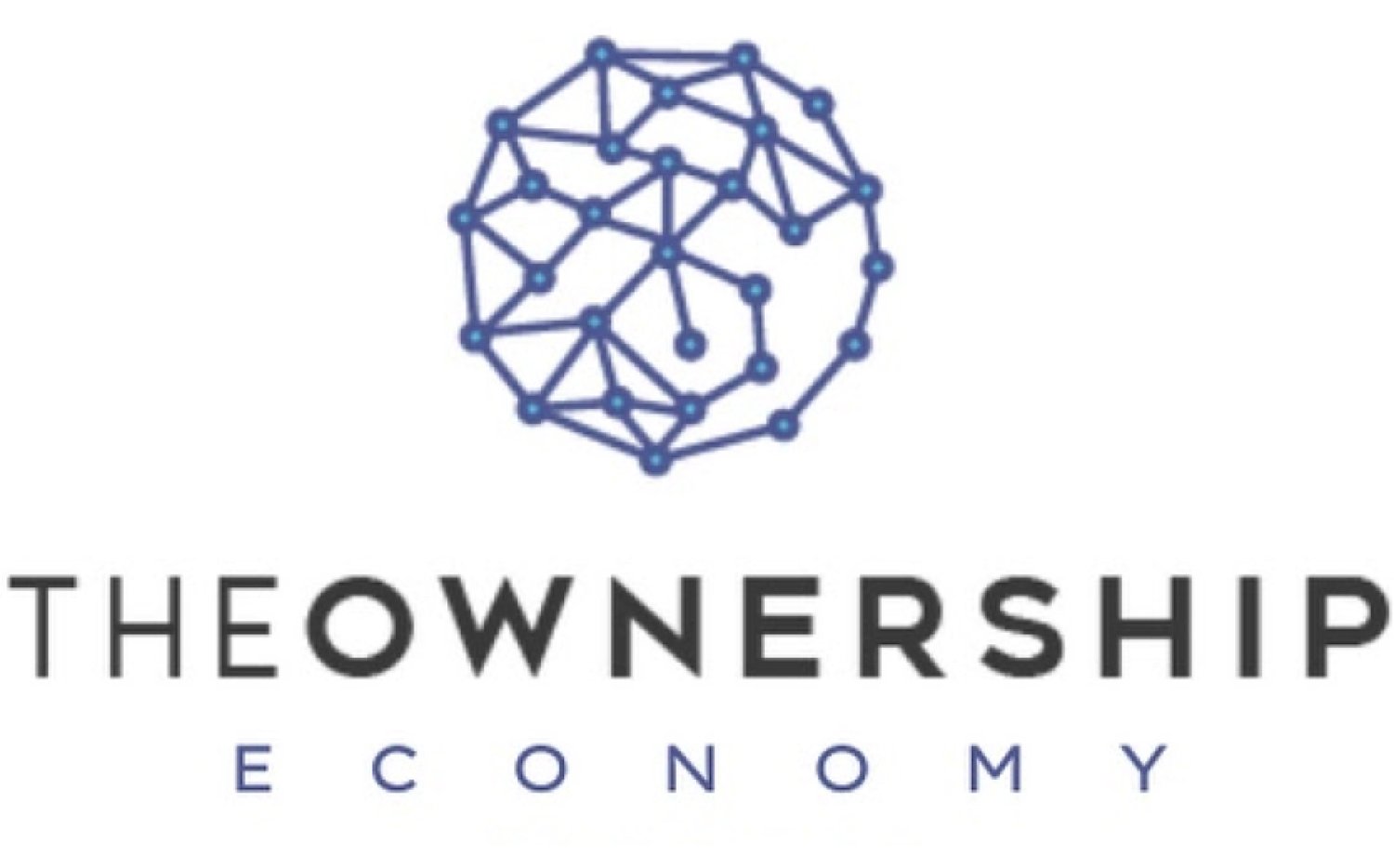Building Homeownership as an Asset Class
Homium, a rising star in sustainable homeownership financing, has taken a significant step toward redefining the homeownership landscape by appointing Marcus Martin as its Chief Impact Officer. Martin, a seasoned leader in ESG (Environmental, Social, and Governance) and digital assets, brings a wealth of expertise from his tenure at U.S. Bank, where he spearheaded groundbreaking initiatives such as a racial equity bond program. His arrival marks a pivotal moment for Homium as it positions itself to create a new, socially impactful asset class centered on homeownership.
The move aligns with Homium’s mission to make homeownership accessible and sustainable while enabling homeowners to unlock their property’s value for essential upgrades like weatherization, solar installations, or aging-in-place modifications. For the ownership economy, this represents a seismic shift, where capital markets, homeownership, and community wealth converge.
Homium: Bridging Equity and Ownership
Homium’s flagship product is a shared appreciation loan designed to provide down payment assistance or financing for home improvements. Unlike traditional loans, Homium charges no interest. Instead, it aligns its returns with the appreciation of the property.
For example, on a $500,000 home purchase requiring a $50,000 down payment, Homium provides the $50,000 in exchange for a 10% equity stake. The repayment occurs only when the homeowner sells or refinances, ensuring flexibility for borrowers while aligning Homium’s interests with the homeowner’s financial success.
“It’s a loan designed with dignity,” Martin explained in a recent interview. “We’re not just enabling home purchases; we’re unlocking trapped equity for upgrades that improve lives, whether it’s weatherization, solar energy, or creating accessory dwelling units. The product is structured to prioritize the homeowner’s autonomy and long-term wealth creation.”
Revolutionizing the Homeownership Asset Class
Martin’s vision for Homium transcends individual transactions. He envisions a future where pooled shared appreciation loans evolve into a scalable asset class. By securitizing these loans, Homium could attract institutional investors, such as pension funds, to participate in an investment-grade portfolio based on owner-occupied, single-family homes.
This approach offers an alternative to the traditional real estate investment market, which has largely focused on rental properties. “This would be the first institutional-grade investment opportunity tied to owner-occupied homes,” Martin emphasized. “It’s about creating an asset class that bridges private capital with public good, enabling wealth generation without the pitfalls often associated with rental-focused markets.”
A Safeguard Against Market Pitfalls
Unlike speculative housing models, Homium’s design inherently protects homeowners. The company never takes an adversarial position against borrowers. There’s no risk of foreclosure initiated by Homium, as repayment terms are tied exclusively to property sales or refinancing.
This safeguards homeowners from the instability often introduced by private equity-driven housing investments. “We are silent investors,” Martin said. “Our role is to support, not disrupt. Homeowners remain in full control, paying their taxes and managing their properties as sole decision-makers.”
Environmental and Social Impact at the Core
Homium’s model also addresses critical environmental and social challenges. For underserved communities, traditional financing for upgrades like solar panels or health-related retrofits often proves unattainable. Homium provides a solution by offering affordable equity financing that eliminates high-interest debt burdens.
“There’s a massive opportunity here,” Martin noted. “In communities of color, where many properties require health-improving retrofits, Homium enables critical upgrades that foster better living conditions. Beyond that, weatherization and solar installations reduce costs and dependencies on utilities, empowering homeowners to build generational wealth.”
Scaling for Impact
Homium is wasting no time. With pilot programs already underway in Colorado, the company aims to scale rapidly. Martin’s immediate focus is on aligning with investors and community sponsors to deploy the platform nationwide. “The technology is ready,” Martin said. “Now it’s about impact matchmaking—ensuring the programs we launch align with community needs and sponsor goals.”
Homium’s potential extends far beyond its immediate market. By creating a scalable, liquid asset class tied to homeownership, it could redefine how private and institutional capital flows into housing markets. For the ownership economy, it’s a compelling case study of how financial innovation can bridge individual empowerment and systemic impact.
The Ownership Economy in Action
Homium’s approach exemplifies the principles of the ownership economy. By leveraging financial tools to expand access to homeownership, the company fosters individual empowerment while addressing systemic issues like housing affordability and climate resilience. At its core, Homium represents a model where private capital aligns with public good, creating shared value for homeowners, investors, and society at large.
As Homium scales its vision, it offers a roadmap for integrating ownership with sustainability, proving that the path to an equitable future lies in innovation that puts people and communities first.

